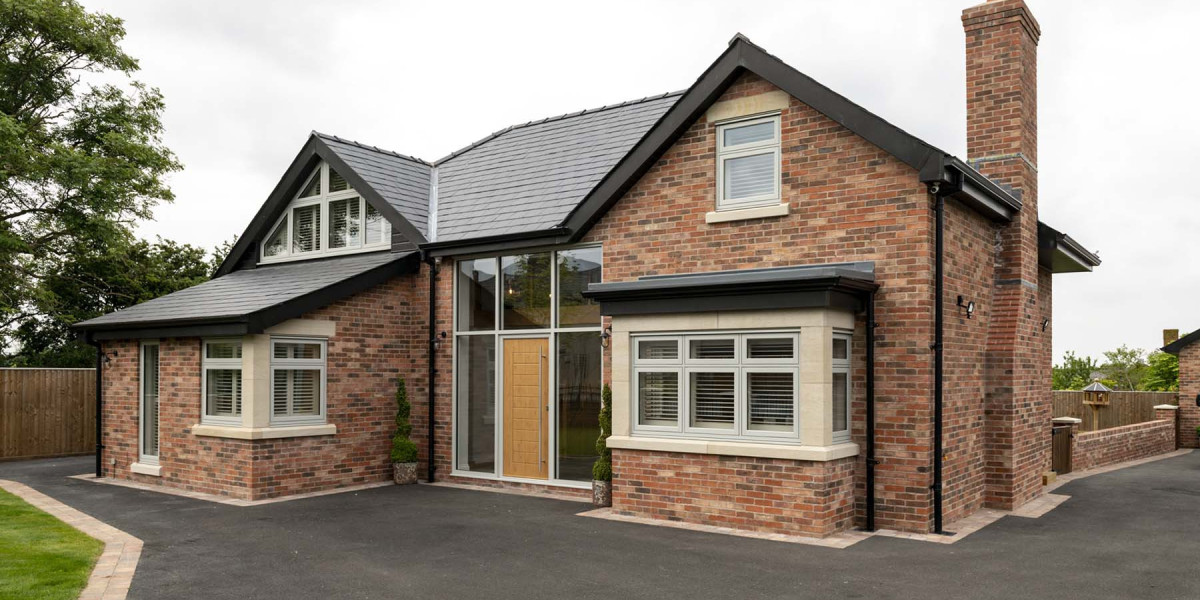Home Security Systems: Safeguarding Your Home and Family
Introduction
Home security systems have become an essential part of modern life, offering peace of mind and protection against intruders, fires, and other emergencies. Over the years, these systems have evolved from simple alarm setups to advanced smart solutions that integrate with other home automation technologies. Today’s home security systems include a range of features such as video surveillance, motion detectors, smart door locks, and remote monitoring capabilities, ensuring homes are protected around the clock.
The growing concern about burglary, property damage, and the safety of loved ones has driven the demand for robust, reliable security systems. With advancements in technology, homeowners now have more control than ever over their home security, with the ability to monitor and manage their systems remotely via smartphones and other connected devices.
Key Features of Home Security Systems
- Surveillance Cameras: Modern home security systems often include high-definition cameras that provide live feeds, recordings, and motion-activated alerts. These cameras can be placed both indoors and outdoors, offering real-time monitoring of the property.
- Smart Door Locks: Many security systems now feature smart locks that allow homeowners to lock and unlock doors remotely, provide temporary access codes to visitors, and receive notifications when doors are accessed.
- Motion Sensors: Motion detectors are designed to sense movement within a specific area. They can trigger alarms or notify homeowners if unusual activity is detected, helping to prevent unauthorized access.
- Window and Door Sensors: These sensors alert homeowners when windows or doors are opened or tampered with, adding an extra layer of security around the home’s entry points.
- Smoke and Carbon Monoxide Detectors: Home security systems often integrate with smoke and carbon monoxide detectors, providing early warnings in case of fire or hazardous gas buildup.
- Smartphone Integration: Many modern security systems offer mobile apps that allow homeowners to monitor their home’s security remotely. This includes receiving alerts, viewing video feeds, and controlling system settings from anywhere.
- Alarm Systems: A traditional but effective component of home security, alarm systems sound a loud noise when an intrusion is detected. They can be connected to local authorities or monitoring services for a faster response.
Benefits of Home Security Systems
- Enhanced Protection: The primary benefit of a home security system is the added protection it provides against break-ins, burglary, and vandalism. Visible cameras and alarm systems act as deterrents to potential criminals, reducing the likelihood of an intrusion.
- Remote Monitoring: With the integration of mobile apps, homeowners can check their security systems from anywhere in the world, ensuring their property is safe even when they are away.
- Emergency Alerts: Many systems send instant alerts in the event of suspicious activity, fire, or carbon monoxide detection, ensuring that homeowners or emergency responders can act quickly.
- Insurance Discounts: Installing a security system may lead to reduced homeowner’s insurance premiums, as it lowers the risk of theft, damage, and other liabilities.
- Peace of Mind: Knowing that your home is equipped with a reliable security system provides peace of mind, especially for families with young children, elderly members, or valuable assets.
- Home Automation Integration: Many modern systems integrate with home automation devices, such as lighting, thermostats, and smart appliances, allowing for seamless control over various aspects of the home environment.
Segments of the Home Security System Market
- By System Type
- Video Surveillance Systems
- Intruder Alarms
- Fire Protection Systems
- Access Control Systems
- Integrated Security Systems
- By Component
- Sensors (Motion, Window/Door, Glass Break)
- Surveillance Cameras
- Alarms & Sirens
- Smart Locks
- Control Panels
- Monitors and Displays
- Video Recorders and Storage
- Others (Smoke Detectors, Environmental Sensors)
- By Technology
- Wired Home Security Systems
- Wireless Home Security Systems
- Hybrid Home Security Systems
- By End-User Industry
- Residential
- Commercial
- Industrial
- Government & Public Sector
- By Service Type
- Professional Monitoring Services
- Self-Monitoring Systems
- Cloud-based Services
- Video Surveillance as a Service (VSaaS)
- By Region
- North America
- Europe
- Asia-Pacific
- Latin America
- Middle East & Africa
Challenges and Future Outlook
While home security systems offer numerous benefits, there are several challenges to consider. One of the primary concerns is the cost of installation and ongoing maintenance, especially for high-tech, integrated systems. Additionally, the complexity of some systems may require professional installation, which can add to the expense.
Privacy is another issue, as security systems often involve surveillance cameras and sensors that collect data about a household’s daily activities. Homeowners must ensure that their systems are secure from hacking attempts and that their data is protected from unauthorized access.
Looking ahead, the future of home security systems appears promising, driven by continued advancements in artificial intelligence, machine learning, and Internet of Things (IoT) technology. As systems become smarter, more integrated, and easier to use, they will continue to provide enhanced protection and convenience. Innovations such as facial recognition, AI-driven threat detection, and advanced home automation features will likely shape the next generation of home security systems.
Get Related Reports:


